Part II – The CCCs
That spring in Indiana was one in which the winter seemed to not want to leave. The Catalpa trees were green and white along the fields and the smell rose of the mayapples that lined the road, still wet with the morning dew. Grandpa Charlie was 82 in that year and Gilbert brought young Stanley up to help as much as his old ’25 Chevy and the farm work back home in Kentucky would allow.
In 1935 a soil erosion camp had been formed outside of Brookville. Home of the 1596 division of the CCC, the boys here would be fighting fires, planting trees, rerouting waterways; all that Roosevelt had promised to put able young men to work in this time of economic turmoil. The camp, only 2 west of town built on Harry Stoop’s farm, was out of sight but not out of mind any time Stanley was at Grandpa Charlie’s.
Stanley would go and watch them pass those mornings. Their laugher, the smell of diesel of the trucks, the dust they kicked up that left the trunks of the trees dirty… all of this was what Stanley knew he was going to do one day. At 16 he was two years too young to join… but one evening in September he brought Laura and Gilbert a clipping from the Brookville Democrat he had found on Charlie’s kitchen table: that every month he could send home $25 and that everything that he had would be paid for: his housing, his food, his education. The prospect of one less mouth to feed and getting a well adjusted and educated son out of the deal who was himself begging to sign up was one which Laura could not pass up.
Stanley was just a child by most standards. Apart from the fact that on a farm in Kentucky during those years he’d seen and done more than most twice his age had seen a generation before or after, he was thirsting for more to do. For a purpose that many longed for in those days. Stanley would remember that day for all his years. Walking by his mother. Proud and not taking Laura’s outstretched hand for fear of how it would look to the older boys. But Stanley, with the apprehensive blessing of his parents, falsified his age on his enrollments papers and signed up two years earlier than the program allowed.
In the summer of 1937, camp SCS-4 was a place of considerable excitement, according to the camps newspaper, the Boundary Hill Beacon. Everywhere you looked, you saw a “rookie”; some from Kentucky like him, some all the way from Cleveland, Ohio… but none were as young as 16 year old Stanley. The days had a rigid structure: the whistle below at 6:00 AM and the camp leaders walked through the barracks to wake the boys, who by 6:30 were at attention outdoors to stand as the American Flag was hoisted. 7:00 was breakfast time and by 8:00 they boys were off to their daily assignments. By 4:00 PM the boys were back from their days work, ready in the mess hall for supper and evening classes on anything from history, to cooking, to airplane modeling. For his part, Stanley chose to study conservation, journalism, and a high school survey course, as he likely knew he’d not return to school after the CCCs after having completed eight years of grammar school in Kentucky. The days became weeks, and the weeks became months as Stanley and the boys of company 1567 toiled in the southern Indiana heat. The work was hard, the pay virtually non existent as most was sent home to Laura. By the summer of 1938, the Boundary Hill Beacon had reported that in the past three months, the trucks had driven 29,962 miles (1/5 the distance around the world), cleared 2,682 square yards of water channels, gathered 652 tons of rock, planted 21,600 trees and built 6 dams.
The next year would only increase the adventures of he and the boys. The camp Superintendant, Mr J McCoid, one morning announced that they were to send half of the boys out west to a place called Arizona. The new camp would be in the high desert plains and near the rim of an enormous canyon carved into rock from the Colorado River over millions of years. Stanley’s eyes shined wide and his heart beat with excitement hoping he could be one of those boys. That night he wrote a letter home to Laura in hopes she would sign off on her little boy being sent hundreds of miles away to a part of the country that she barely knew. As fate would have it, Laura signed off, and Stanley volunteered and was picked to go west.
WESTWARD TO DG-44
As the steam billowed from the locomotive in Shelbyville and slowly picked up speed, Stanley knew that as every second passed he was further away from home than he’d ever been. Tiny towns passed by the window that reminded him of rural Kentucky. And then big cities: by late afternoon they rumbled across a bridge that spanned the Mississippi and through the city of St Louis. And the the train steamed on through the State of Missouri. Many of the boys began to doze off but Stanley couldn’t help but keep his eyes open in wonder as the countryside flew by. At nightfall they passed though Kansas City and Stanley wondered what the men were doing in the office buildings whose windows were were still lit, of who was checking into the hotels at that hour and what their lives were like.
Stanley was still looking out the window at the moonlit plains in Kansas, where not a hill could be seen for miles and every once in a while he’d see a flicker of light on the horizon; a distant farm, not unlike his own in Indiana, but standing in the middle of a great plain that separated everything he knew with the wild American West.
“Get some sleep, Grimes” a voice barked out in the dark. Startled, Stanley looked back, his eyes finally unglued from the window.
“We’ll be in Kansas all night. We have along day ahead of us tomorrow. You’ll be glad you did” The man said. Mr Benzinger, the camp engineer, would be vital in the months ahead at the Arizona camp, but he too was far from home, and Indiana man himself who’s never been further than Indianapolis.
“Yes sir” he said. And he dozed off in the darkness as the clack of the tracks underneath him sung him to sleep.
Stanley awoke from voices calling out and a cloud of steam out the window.
He pointed out the window. Stanley could barely believe his eyes. On the horizon, the flat land came to an abrupt end and the Rocky Mountains stood as far as the eye could see both North and South. As he stepped to the platform off of the train he could barely take his eyes off of them. He shuffled among the crowd of the bigger boys looking around wide eyed at the grand train station who’s sweeping cement pillars punctuated the otherwise frontier town like an exclamation mark. The town of Denver was a hodgepodge of prospectors, ranchers and homesteaders who decided that braving the Rockies to go further west was too tall a task. As a crossroads of the Colorado and Rio Grande Railway, the boys switched trains and on to the line that first took them south to Pueblo, and then west in a labored and winding uphill network of canyons and tunnels that carved their way up into the mountains.
The whole morning and afternoon the train fought its way up, and at Leadville finally began to make its way back down on the other side of the continental divide, the alpine landscape and snowcovered peaks of Colorado giving the way to red rock formations and the scrub desert plains of Utah. By the time the train arrived in Marysville for the final truck ride to the camp it was already dark. It would still be hours before the boys arrived at camp and all them were exhausted but excited that they were so close. He and the boys fancied themselves Buffalo Bill Cody from motion picture Annie Oakley they’d all watched at camp that past summer. The Wild West of every kids dream was laid out before them.
But the romance of the west quickly came to an end as the days wore on at Pipe Springs in Northern Arizona. The camp’s function, a designated ‘grazing’ outfit, improved a vast and harsh desert plain for open ranchers in the west. They boys dug fenceposts with frequently malfunctioning equipment, their jobsites so remote that a significant part of the task was often building roads whose sole purpose was to make them accessible.
They dug irrigation ditches in the hard soil, damned spillways that would become raging rivers after a sudden desert cloudburst, erected corrals and fences that stretched for miles. All under the hot Arizona sun. For sport the boys dug a pool at the camp. Under the supervision of Benzinger, they tapped a nearby spring and filled it with clean cold water which what became an oasis in the oppressive Arizona sun.
Late in the summer of 1939, Stanley was granted leave to go back to Indiana some days. Laura had been writing of her need for hands for the fall harvest and how Gilbert and the older boys were often away for days on end with work in Shelbyville. So Stanley retraced the train route east. Denver, Kansas City, St Louis, Shelbyville. When he finally arrived back in Brookville with his brown uniform on his back and a smile on his face, Laura threw a warm embrace around her son and as Stanley walked down the lane into the house he looked back at the road which led down to Cincinnati.
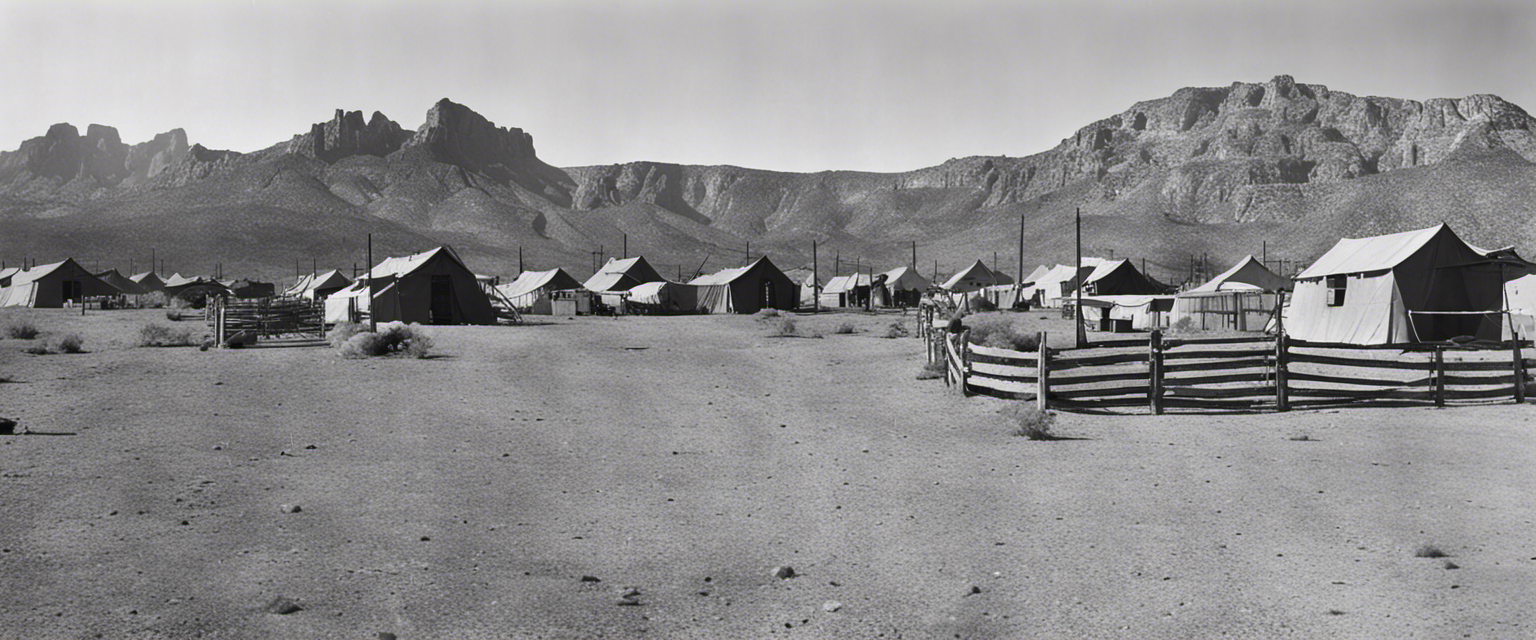
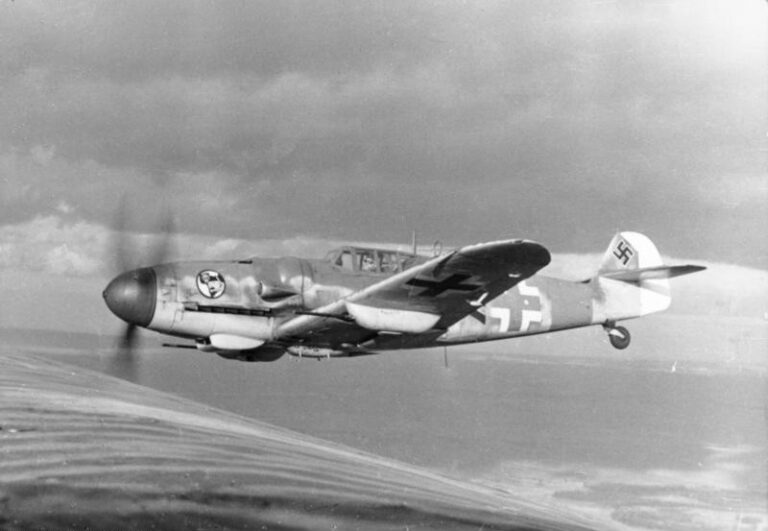
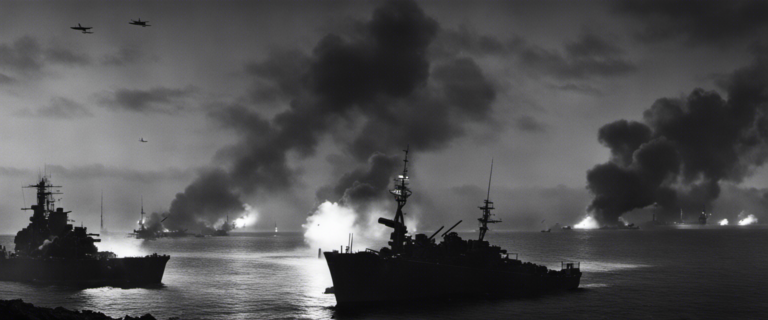
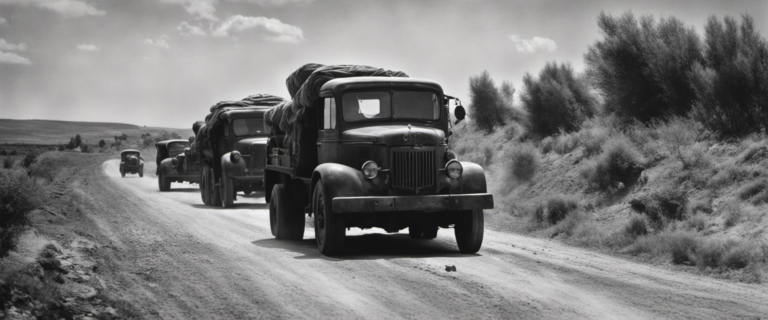
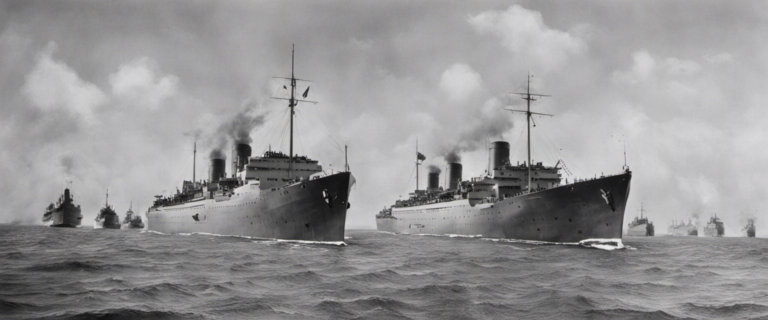

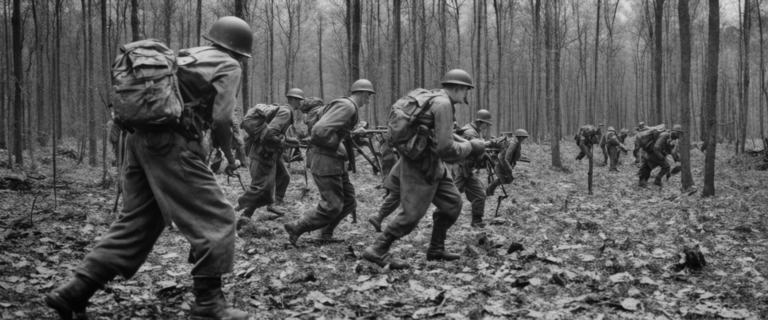

One Comment